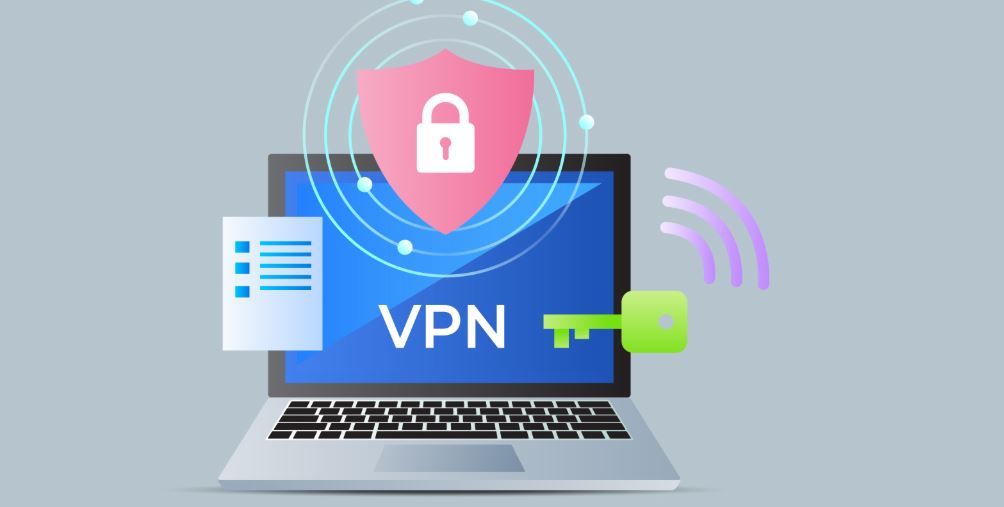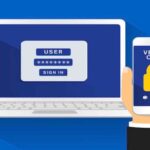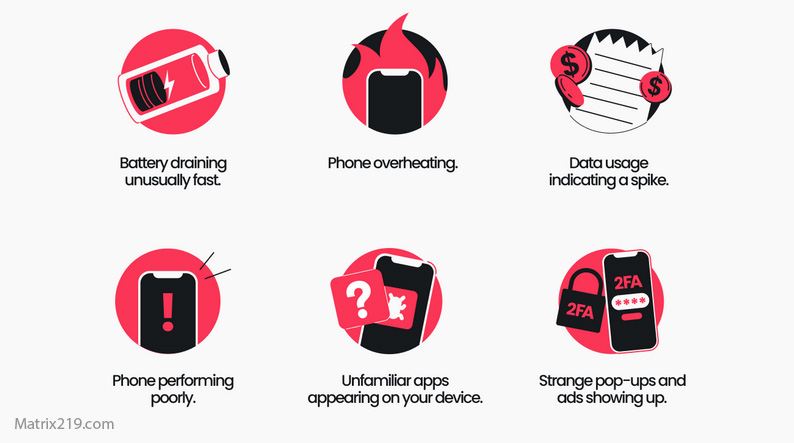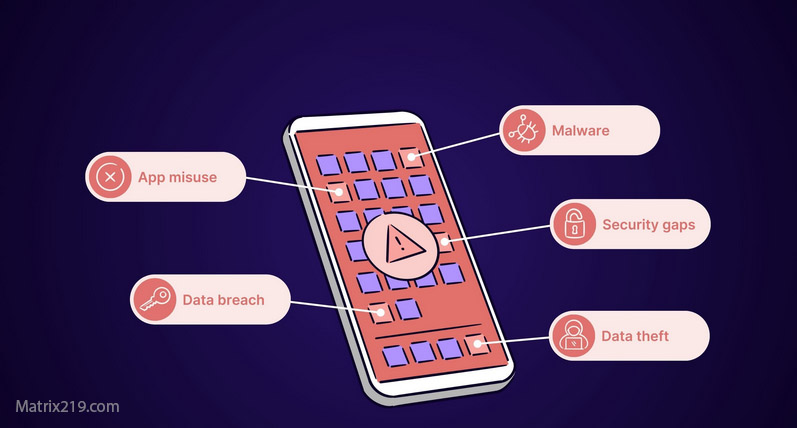A Virtual Private Network (VPN) is a tool that encrypts your internet connection, masking your IP address and securing data as it travels over the web. VPNs are commonly used to enhance privacy, bypass geo-restrictions, and protect sensitive information from hackers on public Wi-Fi networks.
How VPNs Protect Your Online Privacy
-
Encryption: VPNs encrypt data between your device and the VPN server, preventing hackers from intercepting sensitive information.
-
IP Masking: By hiding your real IP address, VPNs make it difficult for websites and advertisers to track your online activities.
-
Secure Connections on Public Wi-Fi: VPNs safeguard your data from attackers on unsecured networks.
-
Access Restricted Content: VPNs allow users to bypass geo-blocks and censorship while maintaining privacy.
Limitations of VPNs
While VPNs improve privacy, they are not a complete solution:
-
No Protection from Malware: VPNs cannot block viruses or malware; separate antivirus software is needed.
-
Trust in VPN Provider: Your VPN provider can potentially log data; choosing a trustworthy provider is crucial.
-
Slower Connection Speeds: Encryption can sometimes reduce internet speed.
-
Cannot Make You Fully Anonymous: VPNs enhance privacy but cannot guarantee total anonymity online.
How to Choose a Safe VPN
-
No-Logs Policy: Ensure the VPN provider does not keep records of your activity.
-
Strong Encryption Standards: Look for AES-256 or similar high-level encryption.
-
Reputation & Reviews: Check independent reviews and user feedback.
-
Security Features: Consider kill switch, leak protection, and multi-device support.
-
Transparent Privacy Policy: Read the provider’s privacy terms carefully.
Tips for Maximizing Online Privacy
-
Use Two-Factor Authentication (2FA): Protect your accounts beyond just passwords.
-
Keep Software Updated: Regular updates prevent vulnerabilities.
-
Avoid Public Wi-Fi Without VPN: Always secure connections on shared networks.
-
Use Strong, Unique Passwords: Limit exposure from potential breaches.
-
Combine VPN with Antivirus: Ensure protection against malware and ransomware.
Conclusion
VPNs are a valuable tool for enhancing online privacy and securing internet connections, but they are not a silver bullet. By selecting a reputable provider, understanding their limitations, and combining VPN use with strong cybersecurity practices, users can significantly reduce risks and protect sensitive data online. Ultimately, VPNs are safe when used wisely as part of a broader online security strategy.





